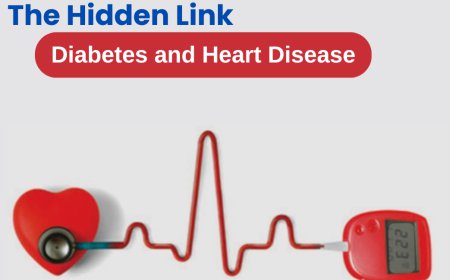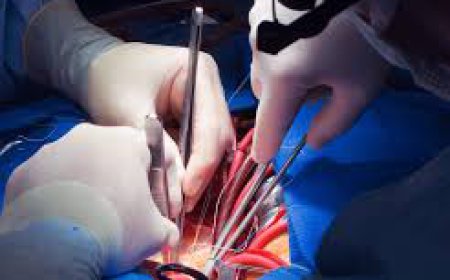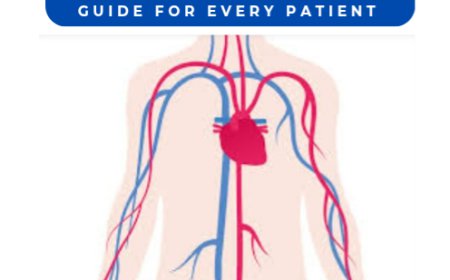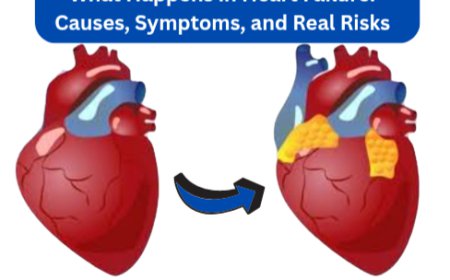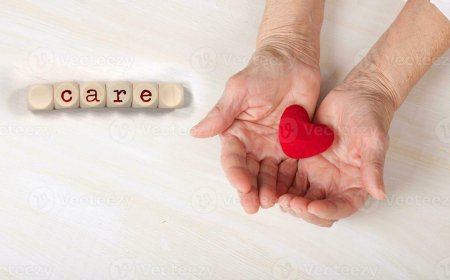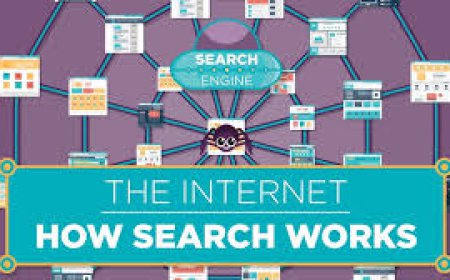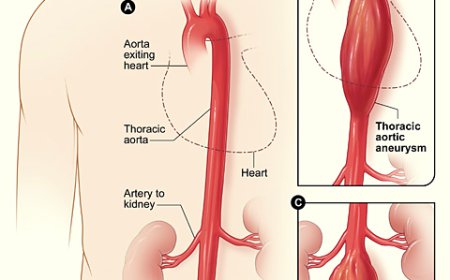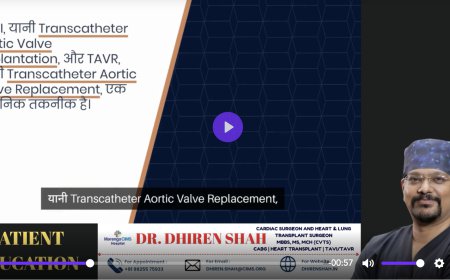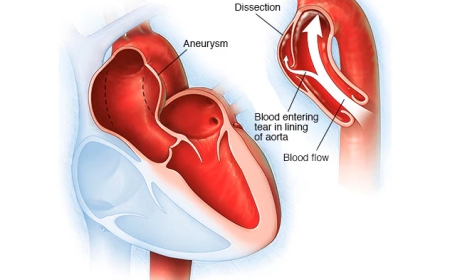How Your Heart Works: A Guide for Every Patient
Understanding how your heart works isn’t only for doctors—it’s something every patient should know, especially if you are living with or at risk of heart conditions.
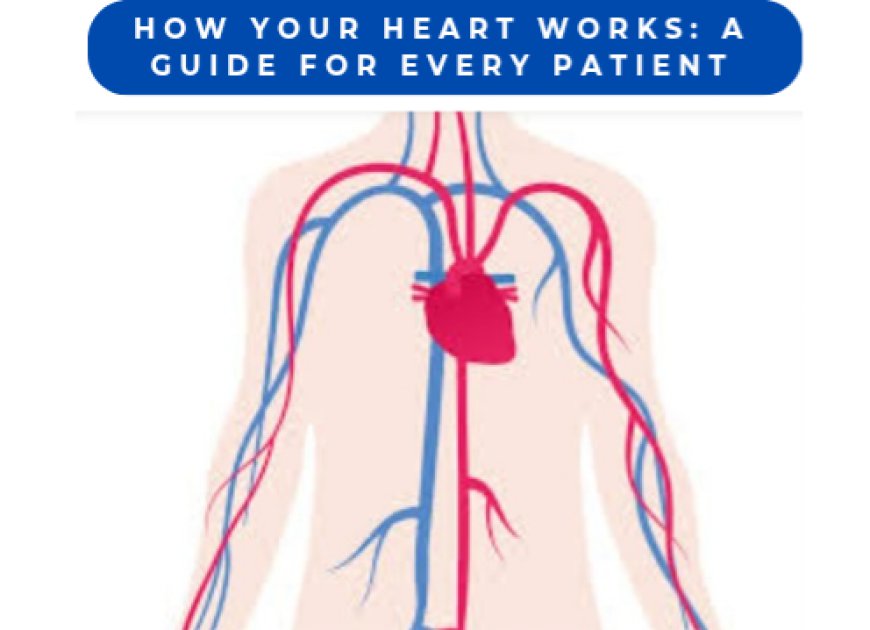
How Your Heart Works: A Guide for Every Patient
Your heart is not just an organ—it’s your engine, pumping life to every corner of your body.
Understanding how your heart works isn’t only for doctors—it’s something every patient should know, especially if you are living with or at risk of heart conditions.
The Basics: What Does the Heart Actually Do?
Your heart is a muscular pump that works non-stop. Every minute, it pushes blood throughout your body, carrying oxygen and nutrients your body needs to survive.
The Four Chambers of the Heart
-
Two Atria (Upper Chambers) – receive blood coming into the heart
-
Two Ventricles (Lower Chambers) – pump blood out of the heart
Think of it like two rooms on top and two below:
-
Right Side of the Heart
-
Receives oxygen-poor blood from the body
-
Sends it to the lungs for oxygenation
-
-
Left Side of the Heart
-
Receives oxygen-rich blood from the lungs
-
Pumps this oxygenated blood to the entire body
-
This entire cycle happens automatically, about 100,000 times a day.
Every heartbeat is your heart working silently, efficiently—keeping you alive.
How Your Heart Stays in Rhythm
Your heart beats because of an internal electrical system—its natural pacemaker.
When this system is disturbed, it can cause abnormal rhythms (arrhythmias), which may lead to complications like fainting, heart failure, or even sudden cardiac arrest.
Why Heart Muscle Strength Matters
The strength of your heart muscle determines how efficiently blood is pumped.
-
A strong heart = good blood and oxygen supply
-
A weak heart (as in heart failure) = fatigue, breathlessness, and swelling
What Can Go Wrong? Common Heart Conditions
-
Heart Failure – The heart’s pumping ability weakens.
-
Coronary Artery Disease – Blocked or narrowed arteries reduce blood supply.
-
Heart Valve Disease – Valves malfunction, affecting blood flow.
-
Arrhythmias – The heart beats too fast, too slow, or irregularly.
Why You Should Care: Small Damages Add Up
Your heart rarely stops suddenly—it often fails gradually and silently.
Ignoring high blood pressure, diabetes, or stress strains your heart every day until symptoms appear.
Early care and regular check-ups can prevent serious damage.
How You Can Help Your Heart Today
-
Know your numbers: Blood pressure, sugar, cholesterol
-
Stay active: Walk daily; avoid prolonged sitting
-
Eat wisely: Reduce salt, sugar, and processed foods
-
Avoid smoking and excessive alcohol
-
Take medications regularly as prescribed
These aren’t just suggestions—they’re your first line of defense against heart failure, transplant, or worse.
In My Clinic: Why I Explain This to Every Patient
As a cardiac surgeon, I have seen patients break down when diagnosed with heart failure or facing a transplant.
What I tell them is simple:
“You didn’t fail your heart overnight. But now, you must fight for it every day.”
Understanding how your heart works gives you control.
You don’t need a medical degree—you just need awareness and action.
Conclusion: Your Heart is in Your Hands
Your heart is designed to work tirelessly, but it needs your support.
-
Learn about it. Respect it. Protect it.
And remember: Every heartbeat counts.
What's Your Reaction?
 Like
0
Like
0
 Dislike
0
Dislike
0
 Love
0
Love
0
 Funny
0
Funny
0
 Angry
0
Angry
0
 Sad
0
Sad
0
 Wow
0
Wow
0


